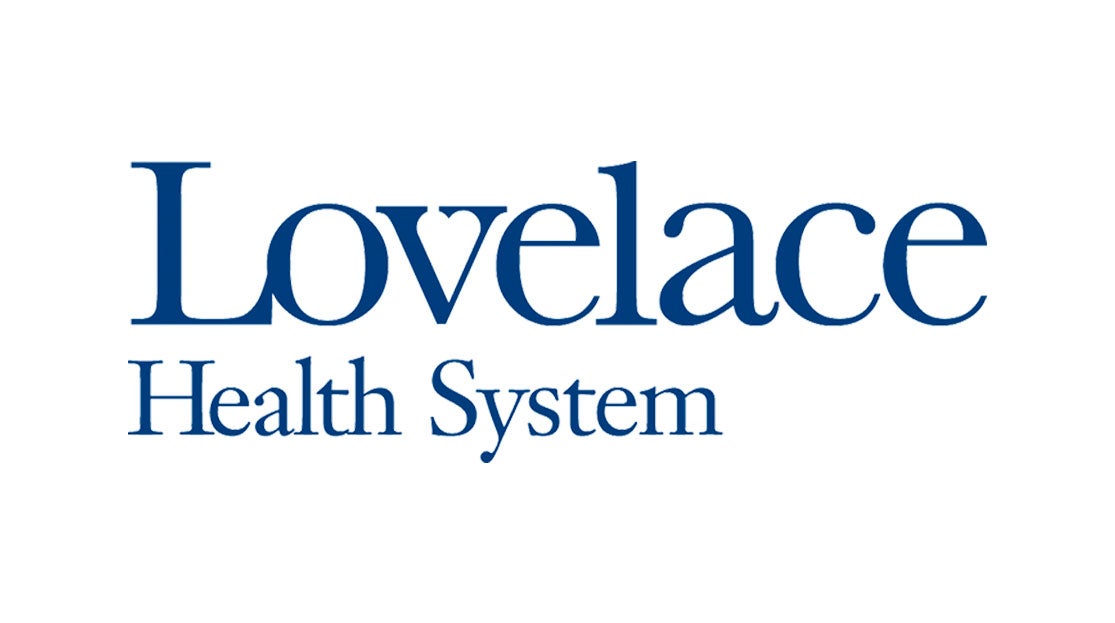
Whether you are a first-time mother or experienced, there are many questions surrounding breastfeeding. Lovelace lactation consultant Teresa Paez, RN, BSN, IBCLC is answering some of the most common questions mothers ask her about breastfeeding today on the blog.
How do I know if my baby is getting enough when breastfeeding?
It is hard to measure how much breast milk your infant is taking when nursing. You may worry that your colostrum is not enough for your baby. Colostrum is the first milk produced and is yellow to orange in color. It is easy to digest, low in fat, high in protein, carbohydrates and antibodies – making it the perfect food for your newborn. A newborn needs to nurse eight or more times in 24 hours. Your newborn will be waking frequently to nurse. Nursing often helps your milk to come in (between days three to five). This also means you should be seeing urine & bowel movements in the infant’s diapers. The number of diapers with urine and bowel movements depend on the age of the newborn.
Day 1: 1 urine, 2 stools (black, tarry)
Day 2: 2 urine, 2 stools (green-brown tarry)
Day 3: 3 urine, 3 stools (green)
Day 4: 4 urine, 3 stools (green-yellow)
Day 5: 5 urine, 3 stools (yellow)
Day 6: 6 urine, 3 stools (yellow)
Day 7 & beyond: 6 or more urine, 3 or more stools (yellow)
Call your provider if you see any of these signs:
*Less than eight feedings in 24 hours
*No urine or bowel movement in 24 hours
*Infant does not wake to feed
*Infant’s skin & eyes are looking yellow
*If you feel that your infant does not look well
Is my baby gaining weight like they should be?
Newborn infants will lose weight in the first few days of life. Normal weight loss is between five to seven percent of birth weight. By two weeks old, infants should be back to birth weight. Infants will then continue to gain approximately a half ounce to one ounce per day in the first three months. Concerned parents should call the pediatrician. Lovelace lactation consultants sponsor a weekly new parents support group. You are welcome to come by every Wednesday. A scale is available for parents to weigh their babies.
What do I do about nipple pain? Will it go away?
Nipple tenderness that occurs with latch on goes away as infant continues to nurse. Nipple pain that continues throughout nursing or worsening pain is not normal. This could be an indicator of an incorrect latch or infection. Notify your provider or contact a lactation consultant if nipple pain is moderate to severe. Most nipple pain can be resolved.
What foods should I avoid when breastfeeding to not irritate my baby’s digestion?
Breastfeeding moms who eat healthy, usually do not need to change their feeding habits. Your infant has been exposed to flavors of food you ate during pregnancy through the amniotic fluid. Continuing a healthy diet during breastfeeding will expose your infant to more flavors. About five percent of infants may react to certain foods in mom’s diet. Any concerns about baby’s digestion should be referred to your pediatrician.
Lovelace lactation consultants sponsor a weekly new parents support group Wednesdays from 10 a.m. to noon in Auditorium B at Lovelace Women’s Hospital. A scale is available for parents to weigh their babies. For more information call Lactation Services at 727-6797.




